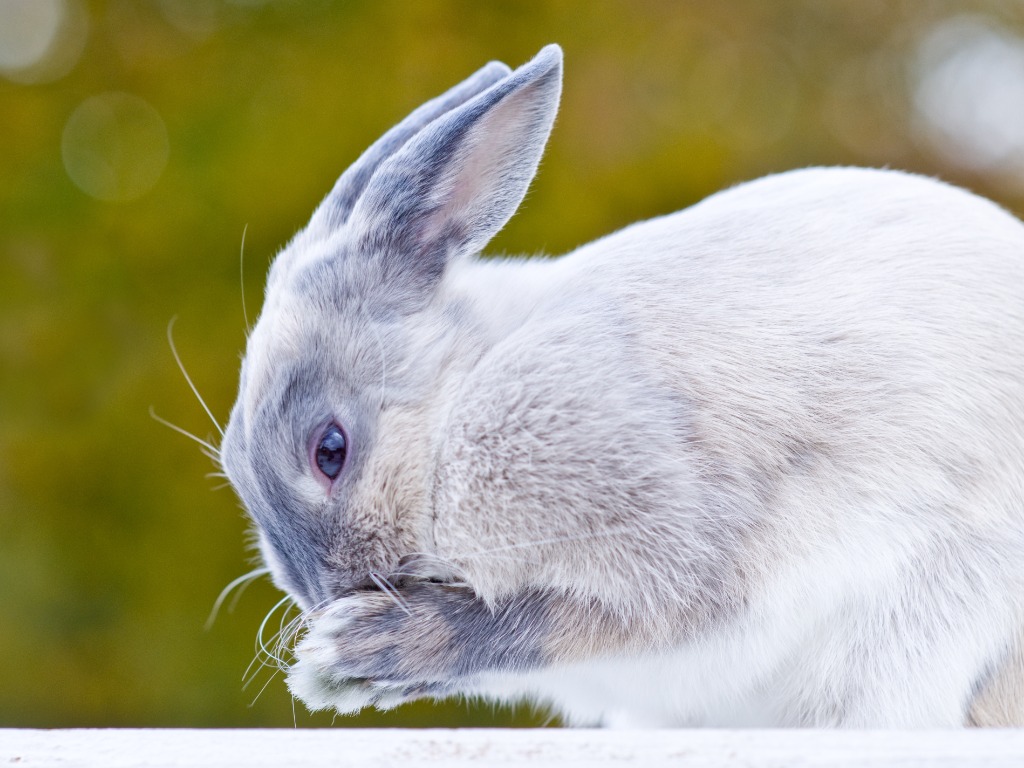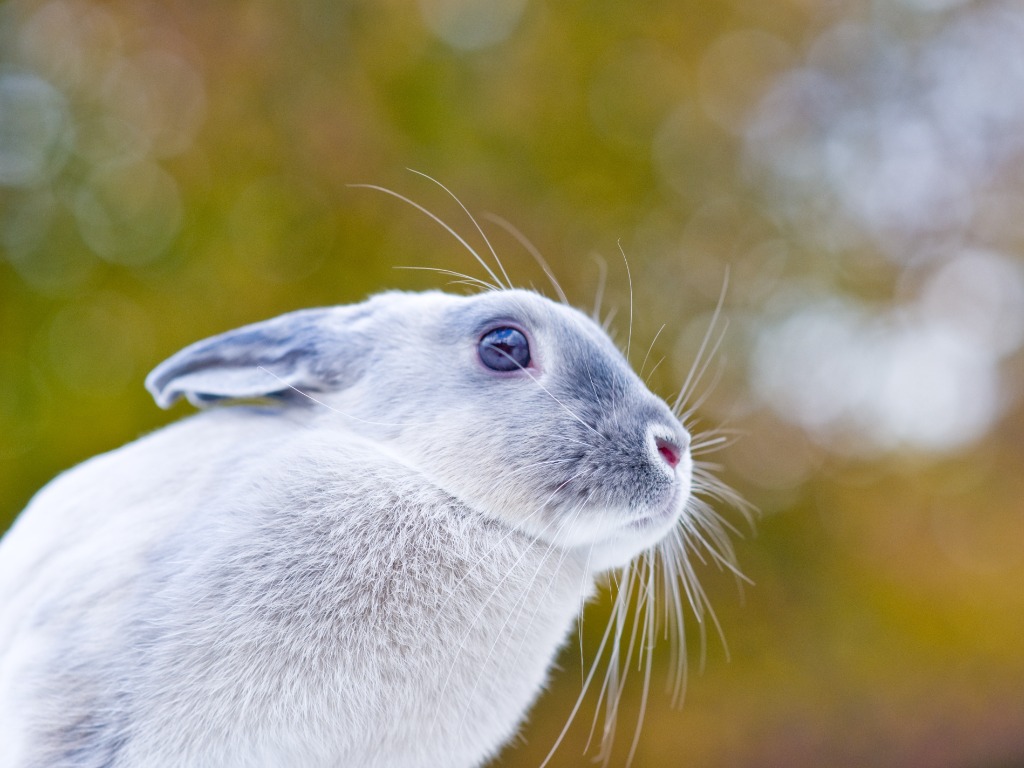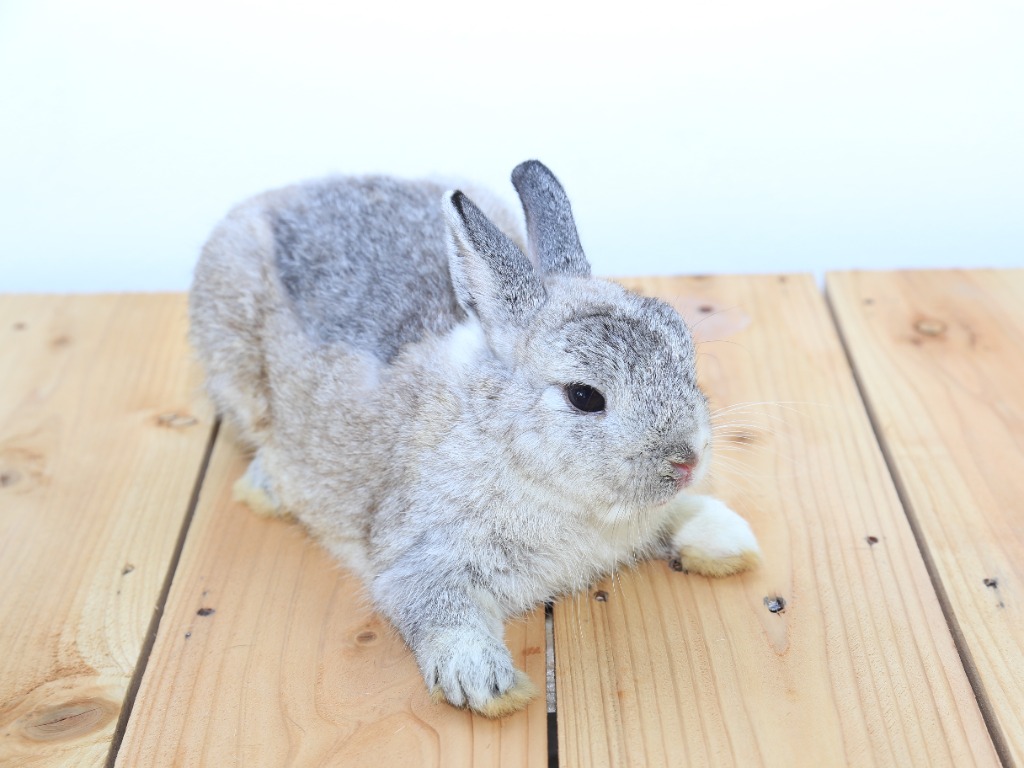Are Netherland Dwarf Rabbits Easy to Take Care of? A Guide to Their Care

Netherland Dwarf Rabbits are generally easy to take care of. These small-sized rabbits are low-maintenance pets and adapt well to indoor and outdoor living conditions. They require a clean and spacious enclosure and a proper diet consisting mainly of hay, fresh vegetables, and an appropriate amount of pellets.
In addition to their regular diet, it is important to provide fresh water daily and to groom your rabbit every few days to prevent tangling and matting. Regular veterinary care and proper socialization are also essential for keeping your Netherland Dwarf Rabbit healthy and happy throughout their life.
Housing Requirements
Netherland Dwarf rabbits are small and active animals that require proper housing to thrive. This section will discuss the indoor and outdoor housing requirements for these rabbits.
Indoor Housing
Indoor housing for Netherland Dwarf rabbits should provide enough space to move freely. A cage or hutch at least 18 by 24 inches with a height of 14 inches is the minimum recommended size. However, many experts suggest larger cages of 4 by 2 by 2 feet or more to allow for exercise and play.
The enclosure should be made of wire and have a sturdy frame to ensure durability. The bottom should be removable for easy cleaning, and the floor should have soft bedding to provide comfort. The cage should be placed in a well-ventilated area away from direct sunlight and drafts.
It is essential to provide your Netherland Dwarf rabbit with toys and hiding places to keep them mentally stimulated and prevent boredom. You can entertain them with cardboard boxes, tunnels, and chew toys.
Outdoor Housing
Outdoor housing for Netherland Dwarf rabbits should provide ample space for exercise and play. A cabinet or enclosure is recommended at least 4 by 2 by 2 feet or more. The cabinet should be sturdy and have a waterproof roof to protect the rabbits from rain and other elements.
The cabinet should be placed in a shaded area to protect them from direct sunlight and heat. The area should be predator-proof, and the cabinet should have a secure locking mechanism to prevent escape.
It is essential to provide your Netherland Dwarf rabbit with a hiding place, such as a wooden box, to give them a sense of security. You should also provide them with toys and chew sticks to entertain them.
Feeding and Watering
Food Requirements
Netherland Dwarf rabbits are herbivores and require a diet that is high in fiber. They should have access to high-quality hay at all times, making up most of their diet.
In addition to hay, rabbits should be given fresh vegetables, including leafy greens and root vegetables. Carrots, cabbage, bell peppers, celery, edible flowers, summer squash, Brussels sprouts, broccoli, zucchini, and wheatgrass are all great options. However, it is important to introduce new foods gradually to avoid upsetting the rabbit’s digestive system.
Pellets can also be given in moderation but should not make up most of the rabbit’s diet. Avoid giving rabbits sugary treats, leading to obesity and dental problems.
Water Requirements
Netherland Dwarf rabbits require access to clean, fresh water at all times. They should have a continuous water supply, and it is recommended to use water bottles instead of open crocks to prevent spilling and contamination.
Rabbits drink a lot of water, so it is important to check their water supply frequently and refill it as necessary. In hot weather, rabbits may require more water than usual to stay hydrated.
Grooming and Hygiene

Caring for a Netherland Dwarf rabbit’s grooming and hygiene is essential for their overall health and well-being. This section will cover coat care, nail trimming, and ear-cleaning basics.
Coat Care
Netherland Dwarf rabbits have short, dense coat that requires minimal grooming. However, they may need assistance getting rid of the extra hair during shedding seasons. Brushing the rabbit’s fur naturally with a soft brush or comb will help remove loose hair and prevent matting. It is also an excellent time to check for any parasites.
Bathing a Netherland Dwarf rabbit is not recommended unless it is necessary. Rabbits are sensitive to water and can easily catch a cold. If a bath is necessary, use a mild shampoo specifically formulated for rabbits and dry them thoroughly.
Nail Trimming
Netherland Dwarf rabbits have small, delicate feet with sharp nails that can easily become overgrown. Overgrown nails can cause discomfort and even lead to health problems. Trimming their nails every 4-6 weeks is recommended.
To trim a rabbit’s nails, use a sharp pair of nail clippers designed for small animals. Hold the rabbit securely and gently extend the paw. Cut the nail just below the quick, which is the pink part of the nail that contains blood vessels and nerves. If you accidentally cut the quick, apply styptic powder to stop the bleeding.
Ear Cleaning
Netherland Dwarf rabbits have small, upright ears prone to wax buildup and infections. Cleaning their ears regularly can help prevent these issues.
Use a cotton ball or soft cloth dampened with warm water or a mild ear-cleaning solution to clean a rabbit’s ears. Gently wipe the inside of the ear, being careful not to go too deep. Contact a veterinarian if you notice any discharge, redness, or swelling.
Health and Wellness
Common Health Issues
Netherland Dwarf rabbits are generally healthy pets but are still susceptible to common health issues. One of the most common issues is dental problems, which can arise due to their small size and their teeth growing continuously. Owners should give their rabbits plenty of hay to help grind down their teeth and prevent overgrowth. Another common issue is gastrointestinal stasis, which can occur if the rabbit’s digestive system slows down or stops completely. This can be prevented by providing a high-fiber diet and plenty of exercise.
Vaccinations
Netherland Dwarf rabbits should be vaccinated against myxomatosis and Rabbit Hemorrhagic Disease (RHD). These diseases can be fatal to rabbits and are transmitted by insects and other animals. Owners should consult with their veterinarian to determine the appropriate vaccination schedule for their rabbits.
Veterinary Care
Regular veterinary check-ups are important for maintaining the health of Netherland Dwarf rabbits. Owners should schedule annual check-ups with a veterinarian who is experienced in treating rabbits. During these visits, the veterinarian will perform a physical exam, check for any signs of illness, and provide advice on diet and care. In addition to regular check-ups, owners should also seek veterinary care if their rabbit shows signs of illness, such as lethargy, loss of appetite, or diarrhea.
Training and Socialization

Litter Training
Netherland Dwarf rabbits are intelligent and easy to litter train. They can recognize simple commands and quickly learn where to use the bathroom. Using a litter box with non-toxic litter, such as paper or aspen shavings is recommended. Avoid clumping litter or cedar shavings, as they can harm rabbits.
It is important to clean the litter box regularly to prevent odors and keep the rabbit healthy. A good rule of thumb is to clean the box at least once daily. If the rabbit is not using the litter box, it may be necessary to adjust the location or size of the box.
Socialization
Netherland Dwarf rabbits are social animals and enjoy interacting with humans and other rabbits. Socializing them from a young age is important to help them become well-adjusted and friendly pets.
To socialize with a Netherland Dwarf rabbit, spend time with them every day. Offer treats and toys to encourage interaction and play. Handling them gently and avoiding sudden movements or loud noises is also important, as they can startle easily.
If introducing a new rabbit to the household, it is important to do so slowly and carefully. Allow the rabbits to gradually get to know each other, under supervision, to prevent fighting or aggression.
With proper training and socialization, Netherland Dwarf rabbits can make wonderful and easy-to-care-for pets.